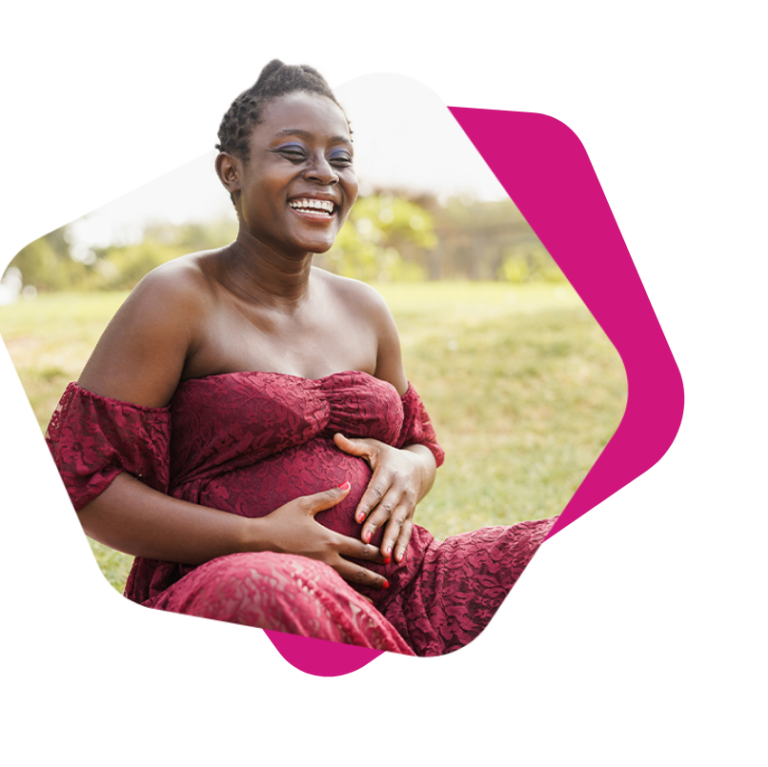
I’m pregnant—does having IBD raise my risk of miscarriage?
Because an IBD flare can possibly be a risk to a pregnancy, it’s important to work with your health care team to stay on top of your treatment plan. The good news is that treating your IBD with the right medication may help reduce your risk of a flare and can help lead to a healthier pregnancy.
Use the discussion guide to keep track of what questions to ask at your next appointment.
Will I pass on IBD to my child?
It’s understandable to be worried about passing IBD on to your child, but it’s important to know that the risk is relatively low. According to health care researchers, only about 3% (or 3 out of 100) of children with one parent who has IBD will develop IBD, which means that about 97% (or 97 out of 100 children) will not. If both parents have IBD, the risk may be slightly higher at around 30% (or 30 out of 100).
See answers to other common questions in myths vs. facts.
Are flare-ups more common during or after pregnancy?
There is no one-size-fits-all answer here; while some people may have flare-ups during pregnancy, other people may have a higher risk of flare-ups after having their baby. That’s why it’s important to work closely with your health care team to check on your condition and make any needed changes to your treatment plan to lower your risk.
Learn more about what your unique journey could look like in your pregnancy with mild to severe IBD.
Are there complications to being pregnant while having IBD?
With good planning and care, people with IBD can have healthy pregnancies and healthy babies.
Remember, you aren’t alone. In the U.S., 3 million people have IBD. Of those, roughly half are women, and most will carry the diagnosis during their childbearing years and throughout all phases of family planning: trying to conceive, pregnancy and postpartum.
Are there specific IBD symptoms I should look for in each trimester?
As you go through each trimester (each three-month period during the nine months you are pregnant) of your pregnancy, you need to watch for any changes or symptoms that may arise from your IBD. This can be quite a challenge when you’re already feeling a whirlwind of changes due to pregnancy itself!
It’s important to maintain open communication with your health care team, who can guide you on watching and taking care of your symptoms to make sure you have the best possible results for you and your baby. Try using our discussion guide to keep track of questions you may want to ask at your next appointment.

For more guidance about discussing medical procedures and new treatment plans, check out the scenario planners at My IBD Life.
AGA’s My IBD Life Parenthood Project is funded through support from UCB, a global biopharmaceutical company.